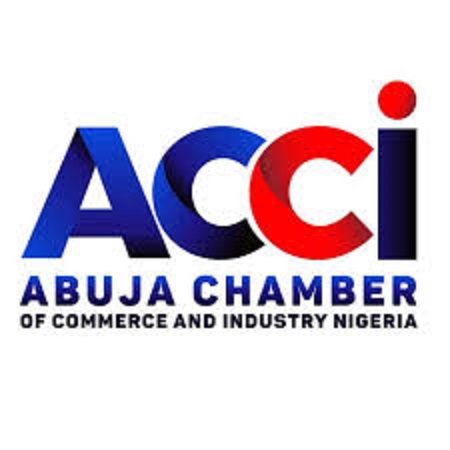Stakeholders in the power industry in Abuja, exchanged policy ideas to deepen the process of reforming the country’s power sector.
The stakeholders, at the 1st Abuja Electric Power conference, organised by Abuja Chamber of Commerce and Industry (ACCI) also stressed the need to focus on consolidating the outcome of the privatisation exercise in the power sector.
The event is with the theme “Consolidating Privatisation of Power Sector: Issues and Challenges’’.
President of ACCI, Mr Al-Mujtaba Abubakar, in his opening address, emphasised the need to allow market rules to function for an efficient and sustainable power sector.
He said that the conference was significantly targeted at addressing outstanding issues preventing the effective delivery of power to businesses and citizens.
“We note quite straightforwardly that market forces and principles should be allowed to operate within the sector.
“The sector cannot perform efficiently and sustainably if market rules are not allowed to function.
“This is even more germane now that global governments are suffering from dwindling revenue. All indices confirm that government cannot sustain continuous intervention in the sector.
“We believe efficient regulatory actions will go a long way to ensure all stakeholders play their part across the value chain.
“A situation where regulators are reluctant to enforce established regulations can create distortions within the system,’’ he said.
Al-Mujtaba, however, commended the operators of the power sector for keeping the system functioning despite challenges and urged the Federal Government to strengthen the privatisation of the power sector.
“We accept and acknowledge the success stories such as the successful management of the assets and liability of the defunct National Electric Power Authority and survival under difficult conditions.
“We call on the government to consolidate the privatisation exercise to address problems and hiccups within the system. This must however be done with strict attention to the protection of private investment in the nation’s power sector,’’ Al-Mujtaba said.
On his part, Mr Wilson Ali, Vice President, Nigerian Institution of Power Engineers, said that a reduction in price of electricity was possible if challenges faced in reforming Nigeria’s power sector were tackled.
According to him, in efforts to improve the power supply situation in the country, the government opted for reforms and eventual privatisation of the sector to attract private sector finance, technical and admirative expertise.
“However, the government and citizens’ expectations have not been fully realised 15 years after the exercise.
“After privatisation of the entities, the new investors were supposed to bring in innovation in the operations of these entities to reduce losses further, improve operational efficiencies and reduce the price of electricity to the consumers.
“Unfortunately, the way the privatisation was executed, the expected innovation in the operations of these entities is still lacking,’’ he said.
Ali advised that electrical power institutions (Nigeria Electricity Regulatory Commission, system operators and market operators) established to drive the reform implementation process should be strengthened.
“All hands must be decked to ensure that the challenges identified and recommendations made are looked into to address and implement them for the growth and development of Nigeria Electricity Supply Industry and the nation’s economy,’’ Ali said.
Similarly, the Managing Director of Transmission Company of Nigeria (TCN) Mr Sule Abdulazeez, noted the need for stronger collaboration between state governments and the public towards addressing `Right of Way Issues’.
Represented By Mr Benedict Ogbu, General Manager, Business Development, TCN, Abdulazeez blamed some Nigerians for building on routes.
“The public has played a role in delaying power progression, especially when they erect buildings in mapped power line routes, thereby affecting the completion of some projects,” he said.
Abdulazeez pointed the need to sustain continued implementation of projects through the new Nigeria electricity grid maintenance, expansion and rehabilitation program.
“We need to improve financing for federal government funded projects across the country and drive DISCOS to improve viability and efficiency,” he added.
Abdulazeez said that one of the challenges of the power sector is liquidity issues.
“How do we take care of liquidity issues in market rules.
“Market rules said that as a DISCO to ensure that you pay your bill you must put in an estimated bank guarantee of your three months bill.
“But when we got into the business proper, we could not follow that rule therefore DISCOS are now paying according to their ability to pay not the bill.
“This is to the extent that the power sector is now faced with serious liquidity issues.
“Therefore, if generation companies cannot get their money paid it means they cannot pay the gas producers therefore they will generate less.
“It means they too cannot maintain their assets nor improve it, therefore there is no improvement in power production,’’ Abdulazeez stressed.




